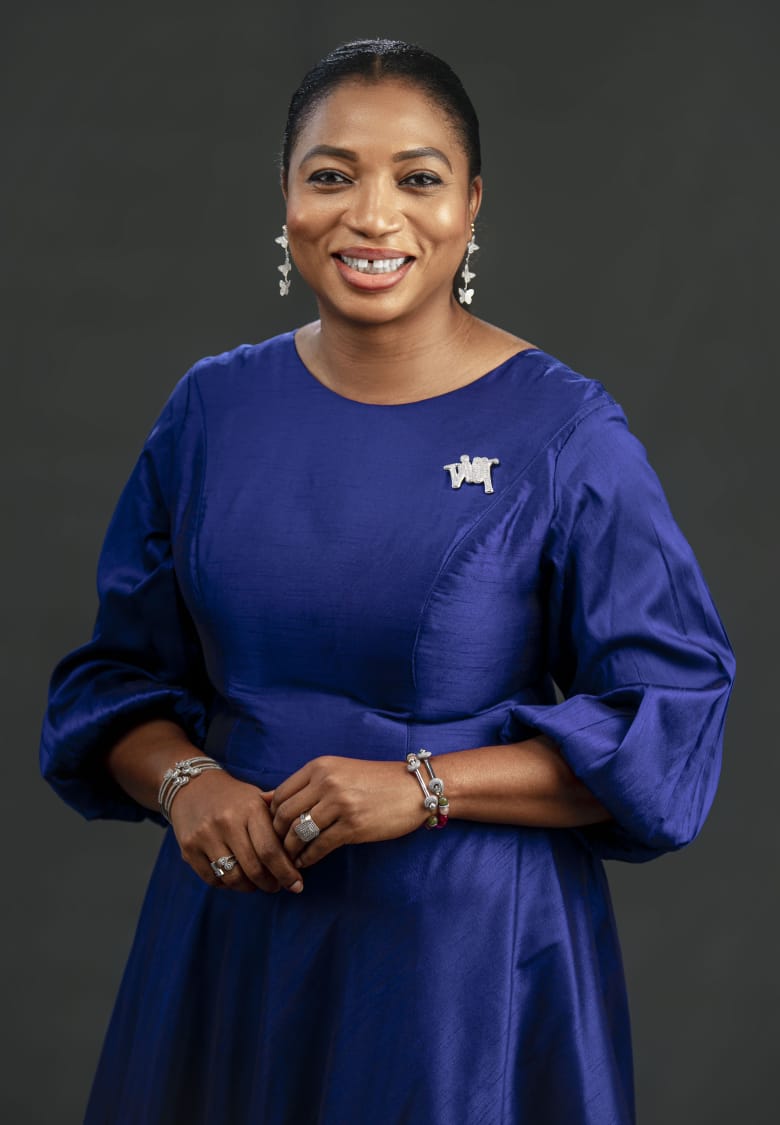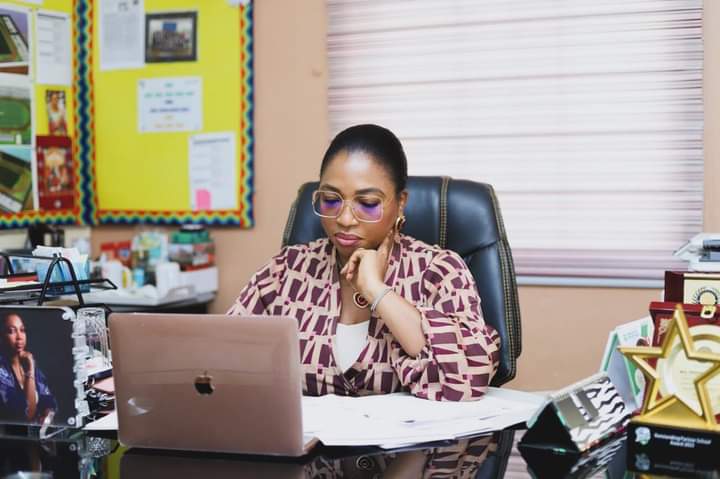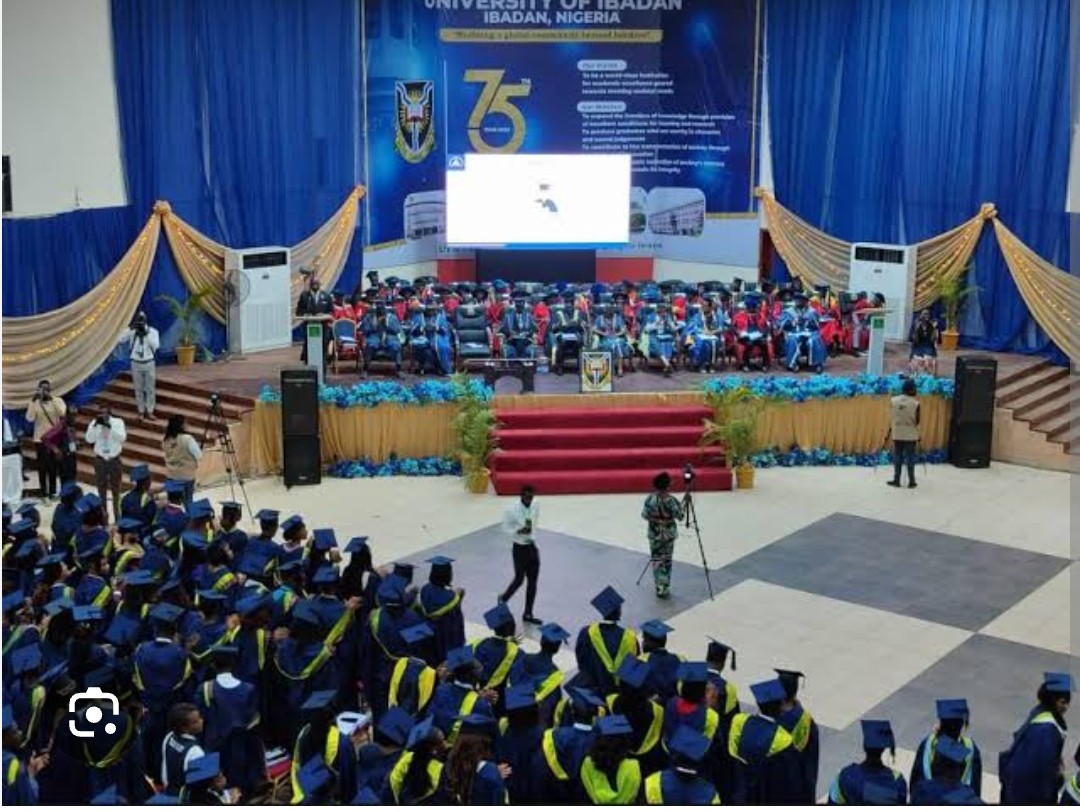In an inspiring conversation with AllAboutSchools, Olubukola Ola Adewuyi, a seasoned lawyer-turned-educationist and CEO of Supreme Education Foundation School shared her journey and vision for education in Africa.
With over 15 years of experience spanning the UK and Nigerian education sectors, Adewuyi has dedicated her career to creating transformative learning environments that go beyond academics to instill resilience, character, and a sense of national pride in students.
Her leadership, marked by transparency, adaptability, and commitment to her community, has guided Supreme Education Foundation School through unprecedented challenges, including the COVID-19 pandemic, while keeping students, teachers, and parents engaged and empowered.

Could you please introduce yourself?
Thank you for this opportunity. I am Olubukola Ola Adewuyi, a lawyer turned educationist with over 15 years of experience in both the UK and Nigerian education sectors. My journey in education began out of a desire to impact young lives and has evolved into a lifelong mission to shape the future of education in Africa. Currently, I am the CEO of Supreme Education Foundation School, where we strive to provide a world-class learning environment for students, empowering them to become global citizens with strong national pride. I am deeply passionate about creating transformative educational experiences that not only foster academic excellence but also nurture character and resilience in our students.
Kindly describe a specific crisis that Supreme Education Foundation School faced, and what strategies you implemented to navigate through it effectively?
A particularly challenging crisis we faced was the sudden shift to remote learning due to the COVID-19 pandemic. The closure of physical schools and the uncertainty of the situation created a substantial hurdle for our institution. To address this, we immediately transitioned to a digital learning platform, ensuring that our students could continue their education without interruption. This required a comprehensive strategy involving swift digital training for our teachers, consistent communication with parents, and access to resources for students. We implemented online classes, digital assessments, and regular feedback channels to stay connected with students and families. Despite the overwhelming change, we focused on maintaining a sense of normalcy and continuity, which ultimately helped our community adjust to the new reality and sustain quality learning experiences.
How do you ensure clear and effective communication with teachers, parents, and students during times of crisis, and what role does transparency play in your leadership approach?
Clear communication is paramount, especially during crises. At Supreme Education Foundation School, we prioritize open, consistent, and transparent communication with all stakeholders. During the pandemic, we established regular updates via email, virtual meetings, and a dedicated portal for parents, teachers, and students. I believe transparency fosters trust; when stakeholders understand the reasoning behind our decisions and feel informed, they are more likely to support and engage with the school’s efforts. We also conducted surveys to gather feedback, which allowed us to adjust our approach based on the needs of our community, strengthening our relationship with them and promoting an environment where everyone felt heard and involved.
It’s essential, as a leader, to be open to vulnerability. This is often the reason leaders shy away from transparency, fearing criticism as much as praise. But I embrace both with the same approach—it’s about perspective. You can choose to see the cup half full or half empty, and I choose to see it as half full. This perspective allows me to stay resilient, receptive, and motivated, ensuring that our school community continues to move forward, especially in challenging times.

In your experience, how important is adaptability in leadership during a crisis? Could you provide an example of a decision you had to make on the fly that significantly impacted your school community?
Adaptability is crucial. Leaders must be willing to pivot quickly and make informed decisions under pressure. During the pandemic, we had to revise our assessment methods on short notice. Traditional testing methods weren’t feasible, so we implemented project-based assessments that allowed students to demonstrate their knowledge through practical applications. This decision, made swiftly, maintained academic rigor while adapting to our new circumstances. It highlighted the importance of flexibility in decision-making and ultimately strengthened our community’s resilience.
During a crisis, teachers often face increased stress and uncertainty. What initiatives have you put in place to support your teachers and staff, ensuring they remain effective in their roles?
Teachers are the backbone of any educational institution, and their well-being is a priority for us. During challenging times, we introduced mental health support, virtual professional development sessions, and created a buddy system for mutual support. We also provided access to digital resources and organized wellness programs to help our teachers manage stress. Regular virtual check-ins allowed us to gauge their well-being and offer necessary support. A motivated and well-supported teacher has a direct, positive impact on student learning, especially in difficult times.
One of our core values at Supreme Education Foundation School is care, and this principle extends to everyone in our community. Departmental heads check in regularly with teachers, and our staff ensures that every child is seen as special and valued. This culture of care extends from teachers to students and from students to their peers, creating a supportive and compassionate environment. It’s a value that all staff members embody, fostering an atmosphere where everyone feels genuinely looked after, from the youngest student to the most senior staff.
How do you envision the future of educational leadership post-crisis? What lessons have you learned that you believe will shape your leadership style moving forward?
The pandemic has taught us the value of resilience, flexibility, and the critical role of digital literacy in education. Post-crisis, I believe educational leadership will need to be more adaptive, with a focus on preparing schools to handle uncertainty. Leaders will need to adopt a proactive mindset, embracing change and encouraging innovation at every level. Moving forward, my leadership will emphasize continuous learning, especially in the realm of digital technologies, to equip our school with the tools necessary to tackle future challenges head-on. The experience has reinforced the importance of a collaborative approach, involving all stakeholders to create a united front in times of adversity.
How do you keep students engaged and motivated during challenging times, and what innovative approaches have you used to ensure their educational needs are met despite disruptions?
Engaging students during challenging times calls for creativity and a genuine understanding of what they need to feel connected and motivated. To maintain engagement, we introduced interactive online classes that encouraged active participation, moving beyond traditional lectures. We incorporated gamified elements, digital breakout rooms, and collaborative virtual projects, making learning both dynamic and enjoyable. Additionally, structured routines and regular personal check-ins helped reinforce a sense of support and belonging within the school community.
Our approach was guided by ongoing feedback, allowing us to adapt quickly and address any emerging needs. Despite the disruptions, our goal has remained clear: to create an environment where students are inspired to learn, connect, and grow. At Supreme Education Foundation School, we are committed to our mission—to collaborate with all stakeholders to discover, develop, and deploy positive influencers who will drive meaningful change in society.












